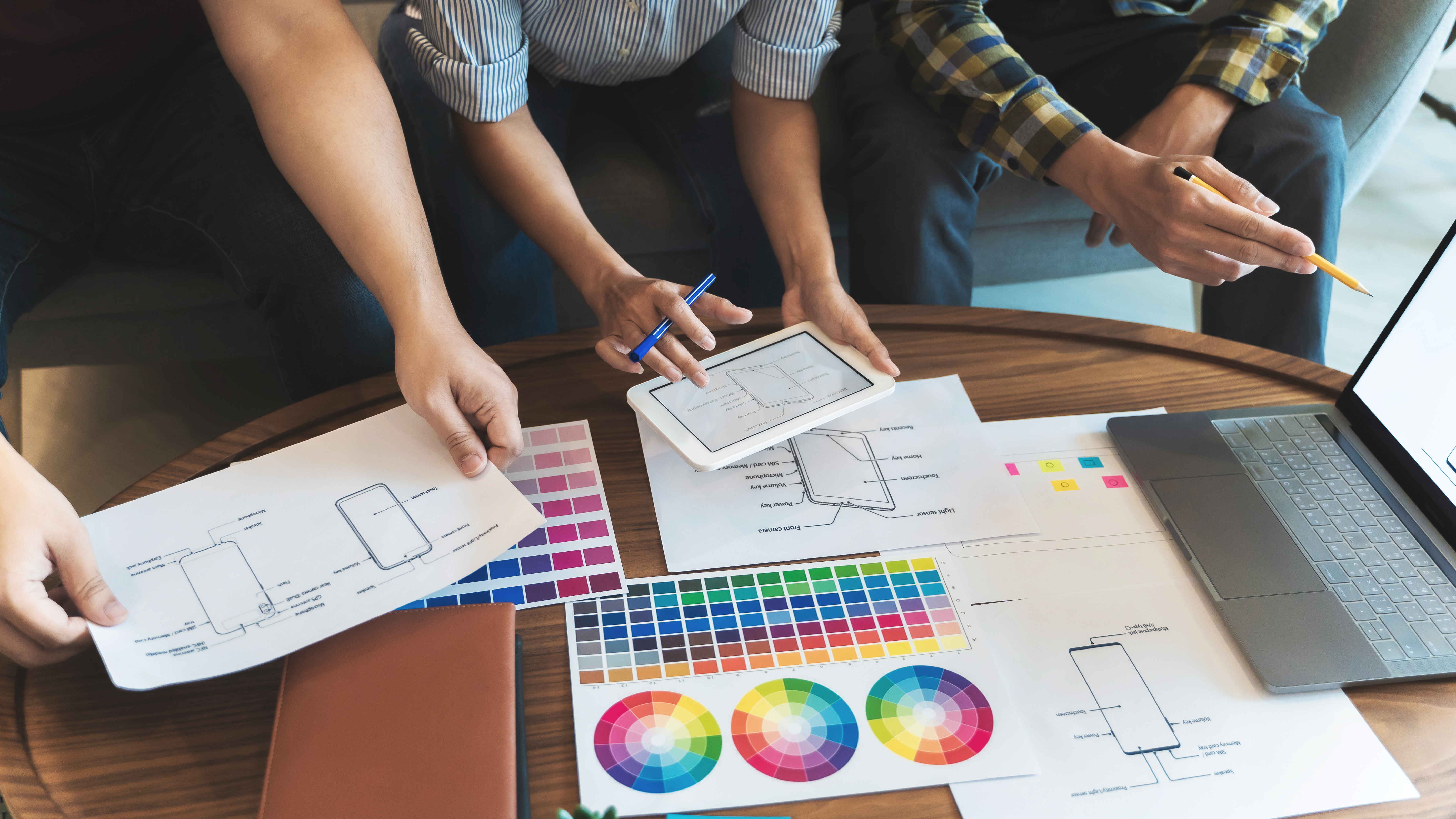
Tips for a successful UX interview
Boost your confidence as you approach your UX designer interview by getting ready for these frequently asked questions.
Can you explain the distinction between UX and UI?
The underlying question: Do you have a clear comprehension of the roles of UX and UI, and how they contribute to the broader product development process?
Although UX and UI are occasionally used interchangeably or bundled together, they represent separate functions within the product development realm. It’s crucial to articulate the difference between making a product visually appealing (UI) and ensuring it functions optimally and efficiently (UX).
Can you share some examples of great UX?
What this question aims to uncover: Can you identify the principles behind excellent user experiences? Understanding the significance of good UX is one aspect, while possessing the skills to create exceptional UX is another. This inquiry delves into your grasp of UX best practices.
Can you outline your workflow?
How do you approach problem-solving and critical thinking? This question revolves around assessing your ability to think critically and solve problems effectively. Choose a past project where you achieved success and systematically walk through the steps you followed. Organise your response akin to the design process itself, emphasising your research, design, and validation of your design decisions. Avoid providing a vague or generalised answer.
How might you enhance the UX of our product?
What they’re checking here is have you conducted your research? It’s always advisable to familiarise yourself with the company you’re interviewing with beforehand. This demonstrates your genuine interest in both the company and the specific UX designer role, setting you apart from other job seekers. Take the time to explore the company’s products. Peruse their website, if applicable, and use their app if it’s available.
Reflect on what is effective and where there’s room for improvement. Select one or two instances and devise a sample improvement plan. Be sure to mention the company’s target users and outline the type of research you would undertake when enhancing an existing design. The goal here is not to criticise your prospective employer but to provide a glimpse of the value you could bring to the organisation.
Which research methods do you use?
How do you validate and support your design choices? User research plays a pivotal role in the UX design process, and interviewers often seek to assess your familiarity with the process and its various methodologies.
You can respond to this question in a couple of ways. First, discuss the user research methods you have utilized in the past, even if they are limited. Walk through these methods, explaining their advantages and limitations.
If your experience in UX design is limited, you can also approach this question by highlighting research methods you aspire to use and the reasons behind your interest in them. This demonstrates your willingness to learn and adapt to new techniques.
What are some of the most significant challenges you encounter in your role as a UX designer?
What obstacles do you encounter, and how do you navigate them in your UX design work? This question seeks to understand the difficulties and hurdles you confront as a UX designer and how you address them in your daily responsibilities. It invites you to discuss both the common challenges in the field and any unique or specific issues you’ve encountered.
What are some of the prominent trends currently shaping the UX design industry?
Are you up to date with the latest developments and innovations in UX design? As a UX designer, how do you stay on top of industry developments, which may include activities such as following UX podcasts, reading UX blogs and literature, participating in webinars, and engaging in online training courses to foster continuous learning?
Could you describe your approach to collaborating with fellow designers and developers?
The purpose behind this question: UX designers often collaborate with multidisciplinary teams, and the interviewer is interested in how you handle teamwork and cooperation. Share real-life instances from your past experiences to demonstrate your adeptness at collaborating, effectively communicating, and nurturing productive relationships with team members. This will underscore your strong interpersonal and communication skills.
Managing interview nerves can be challenging for anyone, but there’s no need to stress over a UX design interview specifically. If you’ve already mastered the technical aspects they’re seeking, your focus should be on preparing and polishing your responses and examples for the typical questions that may arise.

